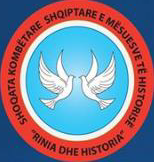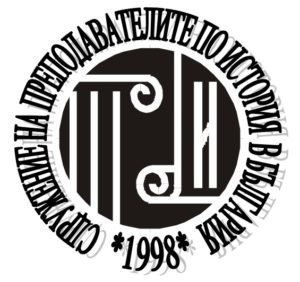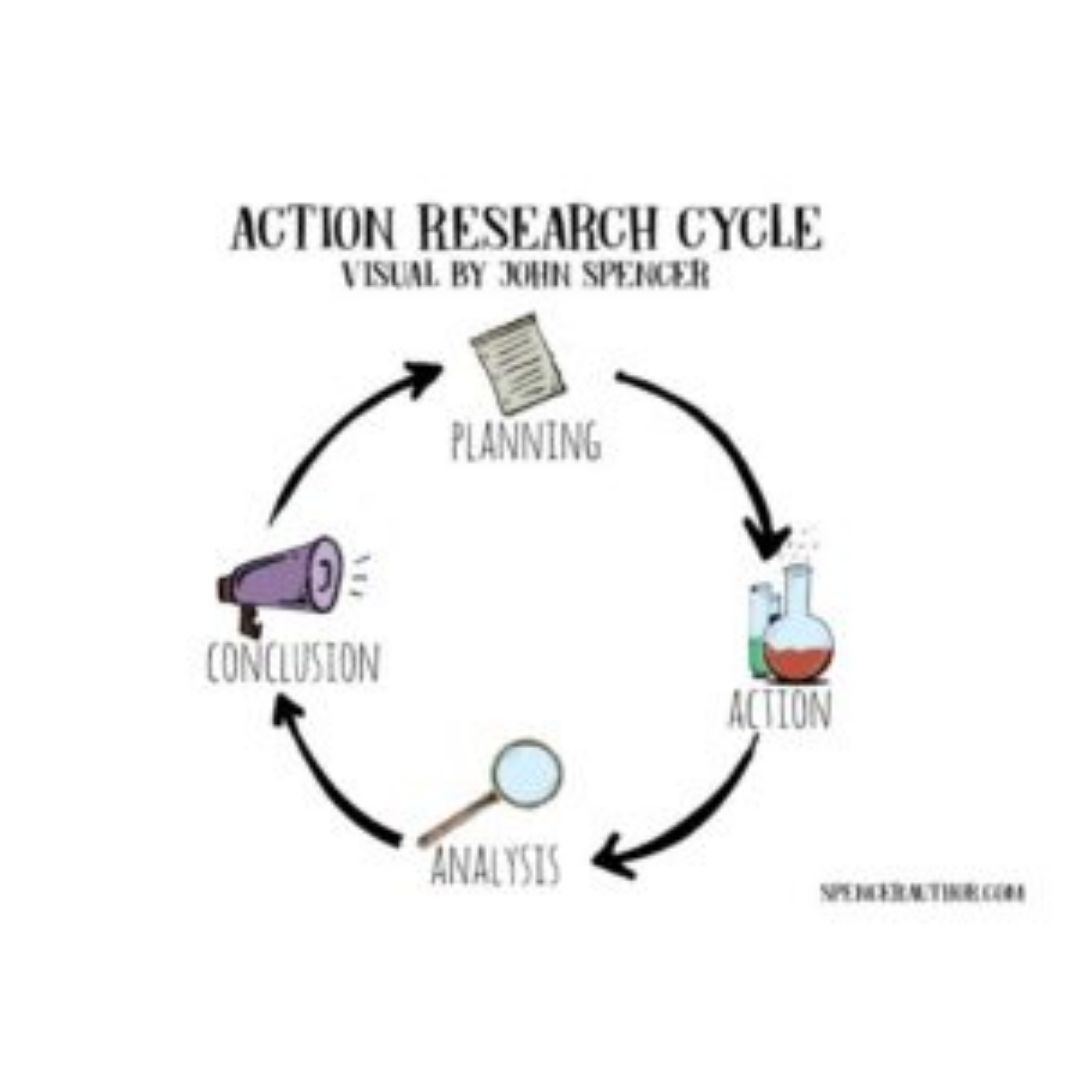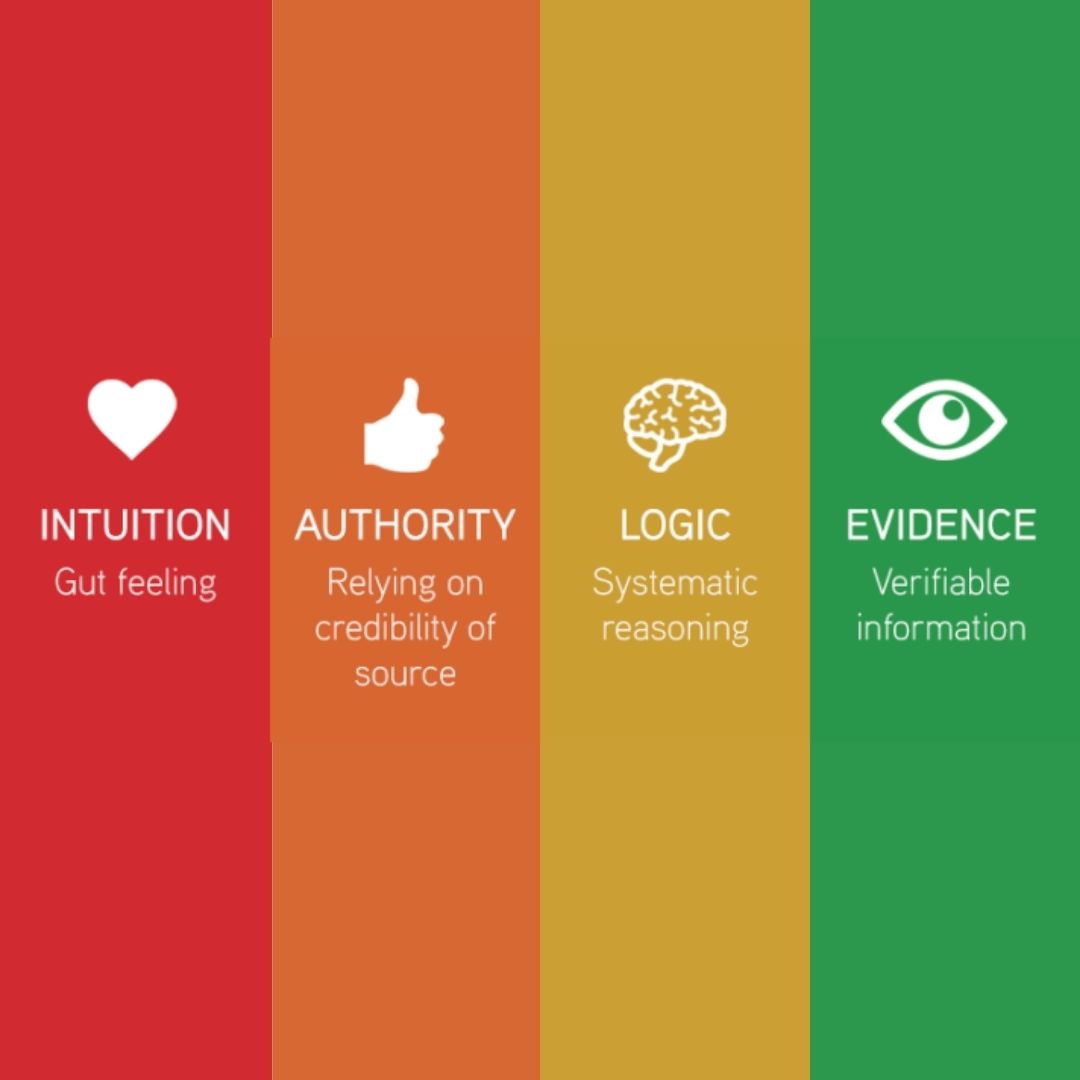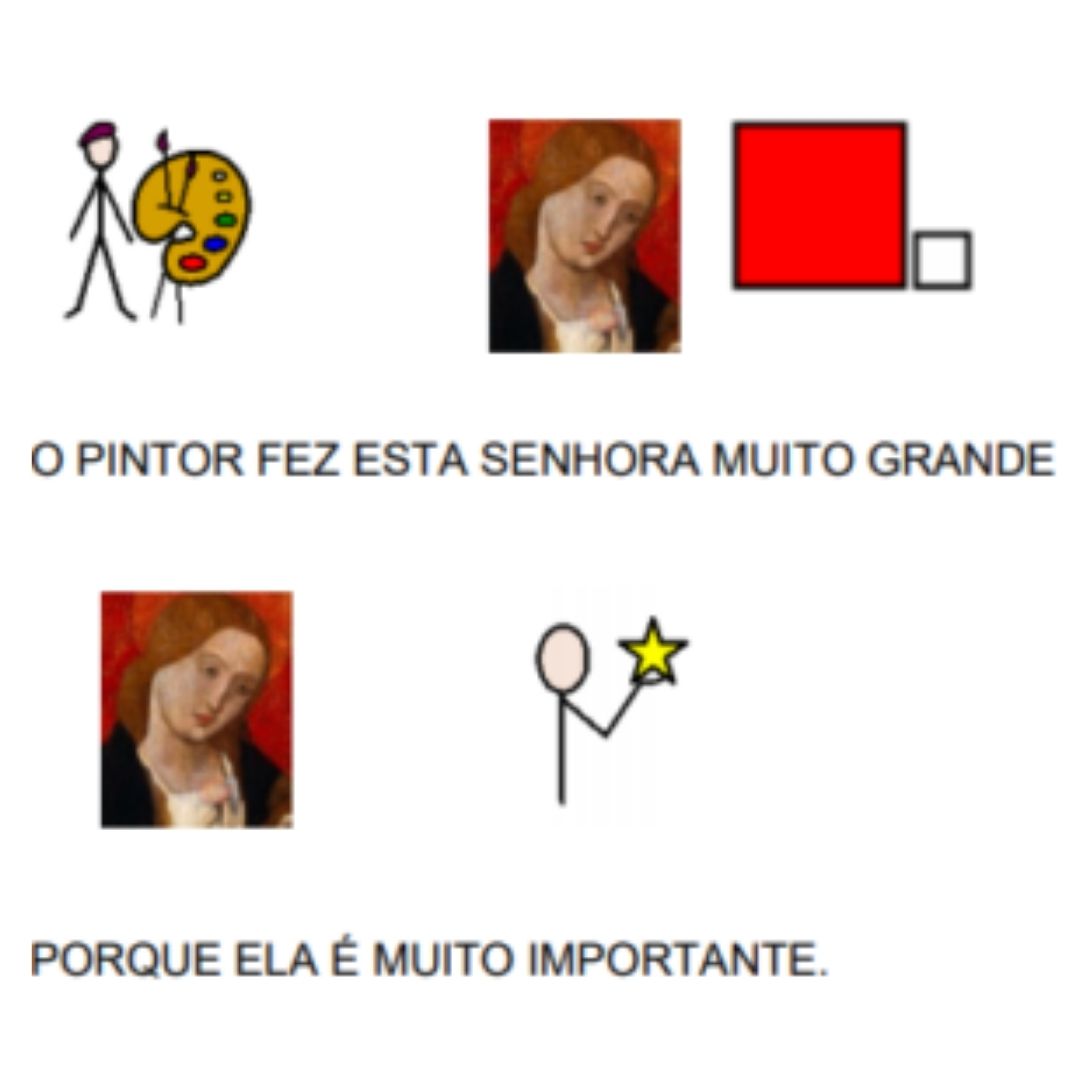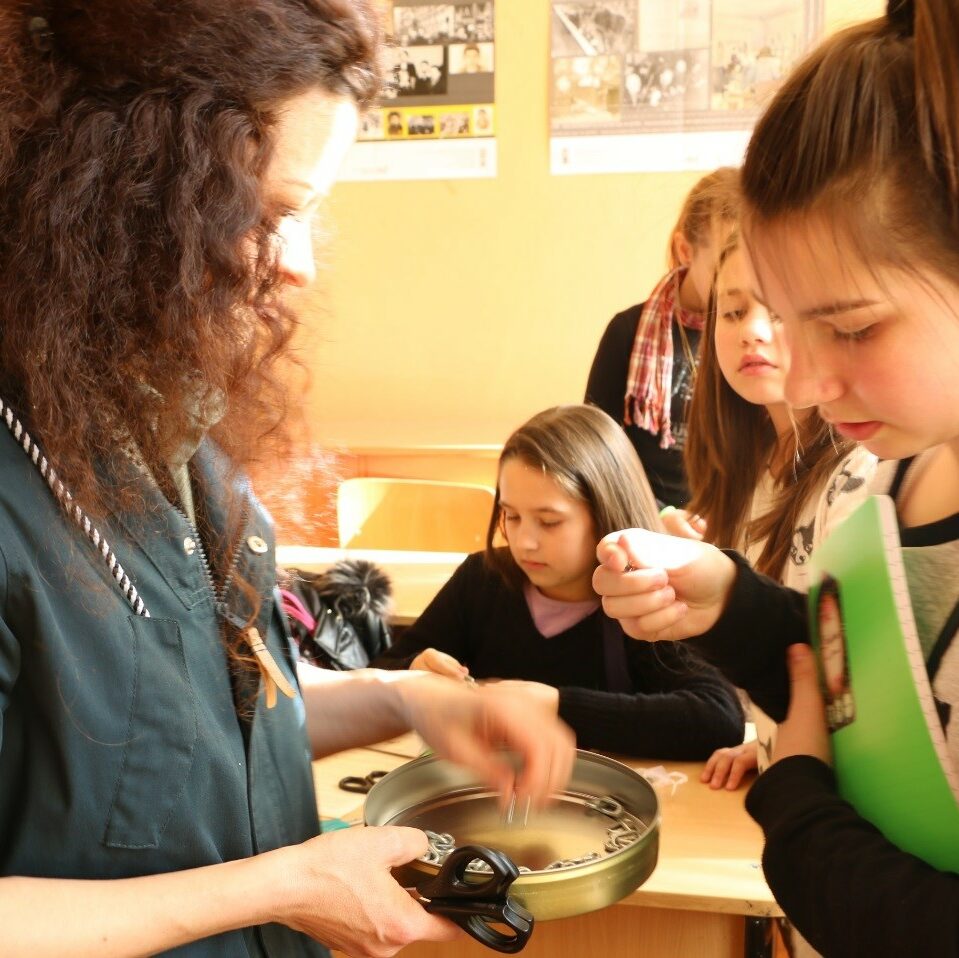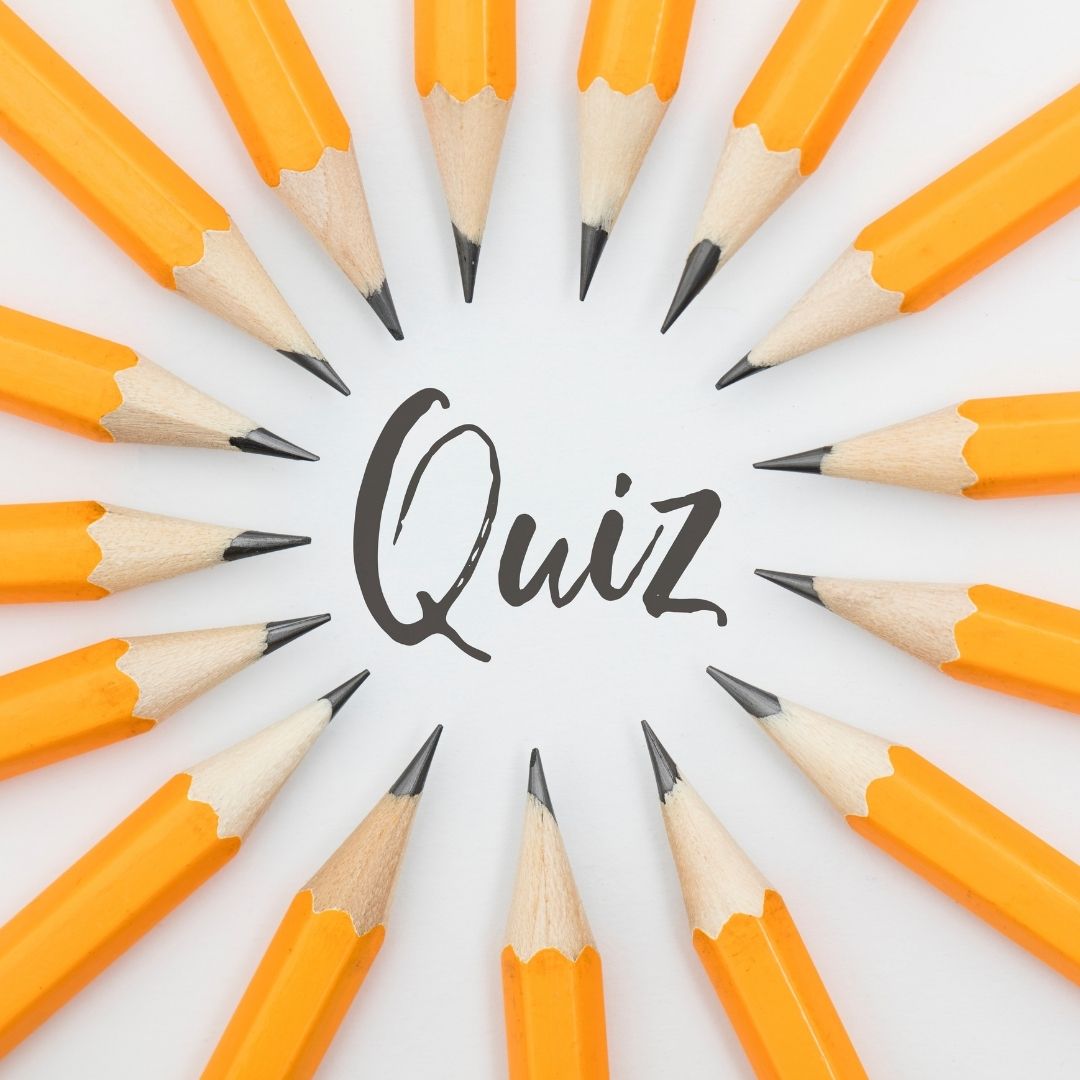This publication is the result from the project “Understanding a Shared Past, Learning for the Future”. This project had the overall objective to develop additional educational materials for Albania, Bulgaria and Macedonia with new content and innovative approaches and to implement these materials through a series of teacher in-service training seminars.
Albania, Macedonia and Bulgaria have a controversial and sensitive past. Academic historians will have to study this sensitive history and will come forward with new interpretations in their quest for the historical truth. The debates will be intense and will take some time. Their historical interpretations are regularly changing, dependent on new evidence and political points of view. It will take some time before historians, who personally have lived through such painful, recent past are able to face this past independently. The point of real freedom comes only than when people are not held by the their past, but hold the past in their hands.
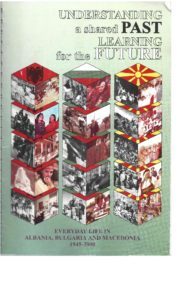
Available in the following languages:
English | Albanian | Macedonian
| Introduction | EN | MK | SQ |
| 1. Political Life | EN | MK | SQ |
| 2. Economic Life | EN | MK | SQ |
| 3. Social Life | EN | MK | SQ |
| 4. Cultural Life | EN | MK | SQ |
Understanding a Shared Past, learning for the Future
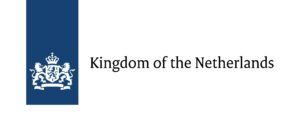
Financed by the Stability Pact through the Dutch Government


